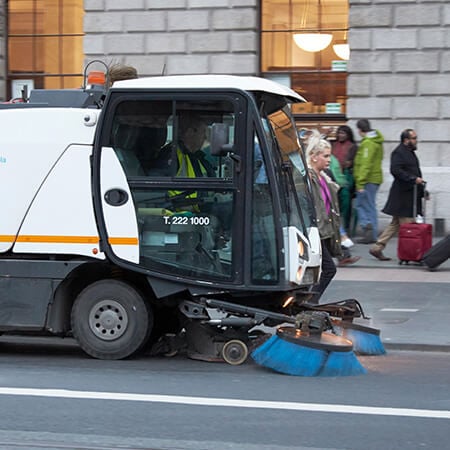Tons of benefits come with living in Dublin. But, for immigrants with the most highly sought after skills, life in the city can come with some extra perks.
To attract certain workers, Ireland offers Critical Skills Employment Permits. These permits offer preferential terms to those who can obtain one. Because demand for skilled workers is particularly high in Dublin, many of these skilled immigrants end up calling the city home.
What drives skilled worker immigration to Ireland?
For many, the appeal of moving to Dublin is about professional development. They may want to gain further experience in their field, work at an internationally renowned company or simply take up a good job.
But a Critical Skills Permit offers opportunities beyond that. Family members can also live and work in Ireland, allowing you to build a home here.
To qualify for one of these permits, the Government needs to identify that your skills are in extremely short supply. You’ll also need a two-year job offer. However, if you have an eligible skill, it removes a lot of the red tape involved in immigrating.

More about the application process
If you’re eligible for a Critical Skills Permit, a Labour Market Needs Test isn’t required. This means employers don’t need to jump through hoops to prove they require your skills. This should make it easier to find an appropriate job.
Once you have a permit, you can immediately apply to bring partners, spouses and dependents to Ireland too. Once here, eligible family members have an automatic right to work in Ireland. After the two year duration of the permit, they can also apply for permission to reside here permanently.
With these benefits, the Government aims to drive skilled worker immigration to Ireland and encourage long-term relocation.
Current critical skills in Ireland
The Irish Department of Enterprise maintains a clear and comprehensive list of occupations that are eligible for the Critical Skills Permits. Right now, it includes a variety of roles in engineering, ICT, healthcare, teaching, accounting and architecture.
The department reviews this list periodically, so it’s a good idea to check it for changes regularly.
If your expertise falls into Ireland’s critical skills list, you can find out more about applying for a Critical Skills Permit here. Alternatively, you can read about the other types of Irish work visas available.




